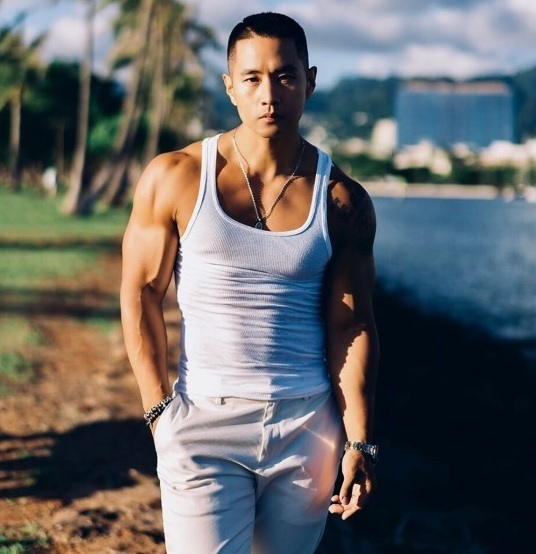 |
Korean-American singer Steve Yoo (Herald DB) |
Korean American singer Steve Yoo, known here as Yoo Seung-jun, won the final trial that overturned the initial denial of his visa and passport issuance, according to legal professionals on Thursday.
The Supreme Court ruled in favor of the disgraced K-pop singer in his case against the South Korean Consulate General in Los Angeles, which turned down his request for an F-4 visa issuance, upholding an appellate court’s ruling.
The Seoul High Court ruled in favor of Yoo in July.
The court judged that there was “no just cause” for the consular office to “indefinitely refuse” to issue him the visa unless Yoo committed any legal violations other than using a deceitful way to dodge his mandatory military service.
It is still unknown whether he could actually return to his home country, as the government has to lift the entry ban on him, a separate matter from the consular office refusing visa issuance.
Yoo filed a lawsuit against the consulate general in 2015 after he was denied an F-4 visa. In 2020, the top court ruled that the singer’s visa refusal was “procedurally flawed.” Yoo then reapplied for a permit, but the consulate general declined it again.
The F-4 visa is specifically designed for foreign nationals of Korean descent, allowing them to work and live here. It also grants the right to multiple entry into Korea over a five-year period and the right to reside in Korea for three years. However, F-4 visa holders do not have the right to vote in national elections.
Born in Seoul in 1976, Yoo grew up in California after his family immigrated there when he was 13. He debuted in Korea in 1997, but renounced his Korean nationality to become a US citizen in 2002, just before he was set to begin alternative military service. He was then imposed an entry ban.
Yoo’s decision has stirred public outcry for over two decades, given that all able-bodied South Korean men aged between 18 and 40 are required to fulfill mandatory military service.







![[Weekender] Korea's traditional sauce culture gains global recognition](http://res.heraldm.com/phpwas/restmb_idxmake.php?idx=644&simg=/content/image/2024/11/21/20241121050153_0.jpg)